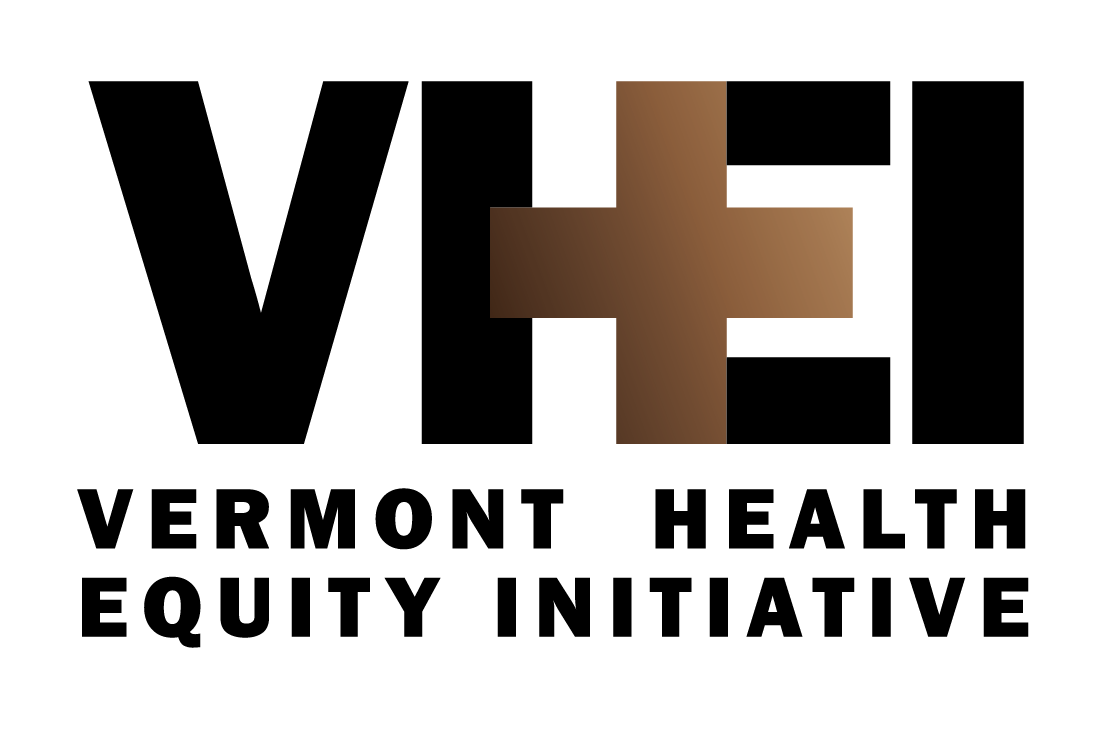How SDOH Holds Back Black Communities
By Hanna Blankenship
In honor of Black History Month, we at the Vermont Health Equity Initiative (VHEI) are committed to acknowledging the ongoing struggles of the Black community and working towards creating a more equitable and inclusive healthcare system. We recognize that addressing the impact of SDOH is a constant and complex process, but one we are dedicated to.
One critical factor that holds back the Black community and contributes to health disparities is the social determinants of health (SDOH). SDOH are the social, economic, and environmental factors that impact health and contribute to health disparities. For Black Americans, several SDOHs disproportionately affect health outcomes and access to healthcare, including poverty, education, housing, and access to healthcare.
According to the Centers for Disease Control and Prevention (CDC), Black Americans are more likely to experience poverty, less likely to have a high school diploma, and more likely to live in neighborhoods with lower levels of access to healthcare and other resources. These SDOHs can significantly impact health outcomes and contribute to health disparities.
Black Americans are also more likely to experience discrimination and racism, which can negatively impact their health. According to a report from the American Psychological Association, "racial discrimination can have negative effects on mental health and overall well-being, including increased risk for depression, anxiety, and substance abuse."
Another example of an SDOH that disproportionately impacts the Black community is the lack of access to healthcare. According to the CDC, Black Americans are less likely to have access to healthcare than White Americans and are more likely to have inadequate insurance coverage. This can lead to delays in seeking care, negatively impacting health outcomes.
Dr. Camara Jones, a Black American physician and epidemiologist, often highlights the impact of SDOH on the health of Black Americans. She talks about how race is not a biological fact but a social construct used to assign superiority and inferiority and justify exploitation and oppression. It is also a powerful determinant of health and well-being and the social conditions that create and sustain racial inequities in this country. Racial inequality is unfortunately seen everywhere, including in the healthcare system.
It is crucial to take a comprehensive approach that addresses the root causes of health disparities to address the impact of SDOH on the Black community and work towards health equity across Vermont. This can include policies and programs that address poverty, education, housing, and access to healthcare, as well as efforts to combat discrimination and racism.
In honor of Black History Month, it is necessary to recognize and celebrate Black Americans' rich history, culture, and achievements. It is also an opportunity to raise awareness about the ongoing fight for social justice and equality, including health equity.
Pew Research: Black Americans’ views about health disparities, experiences with health care
Wexner Medical Center: How racism is a structural and social determinant of health
The White House: A Proclamation on National Black History Month, 2022

